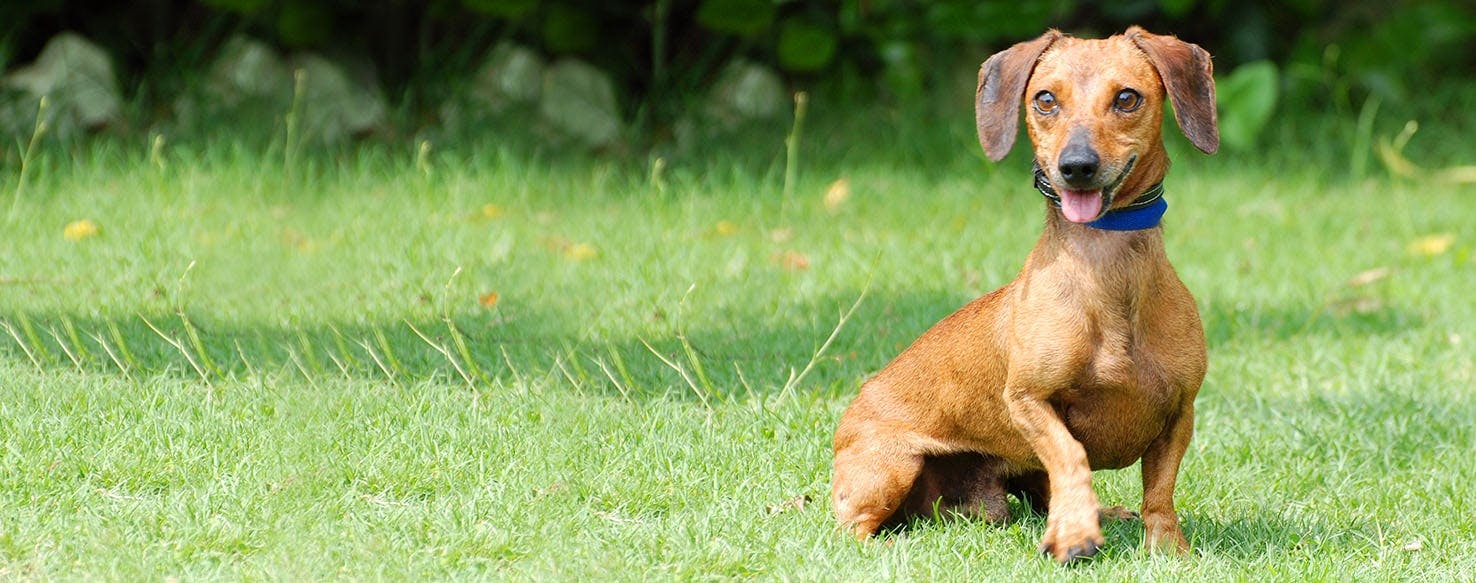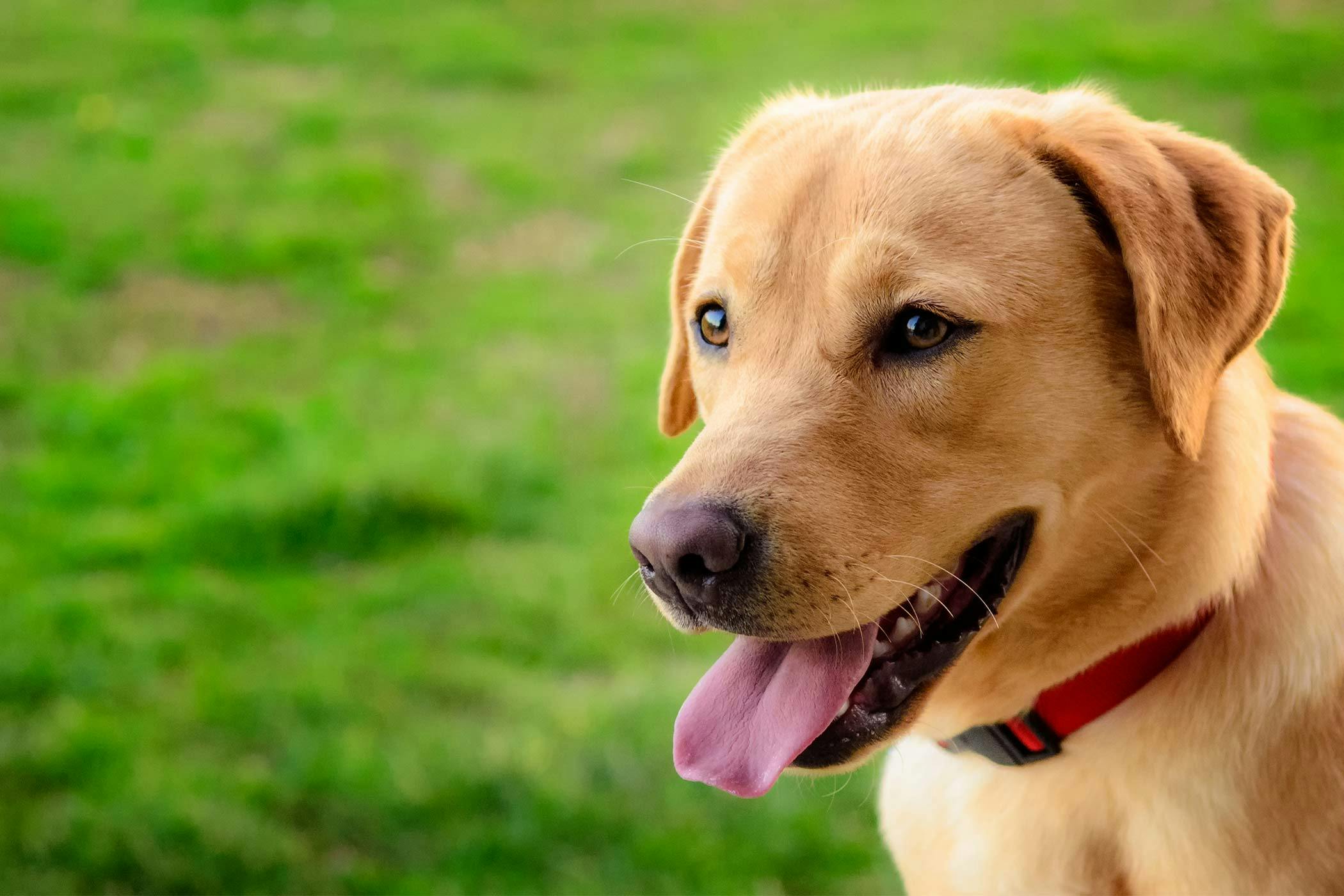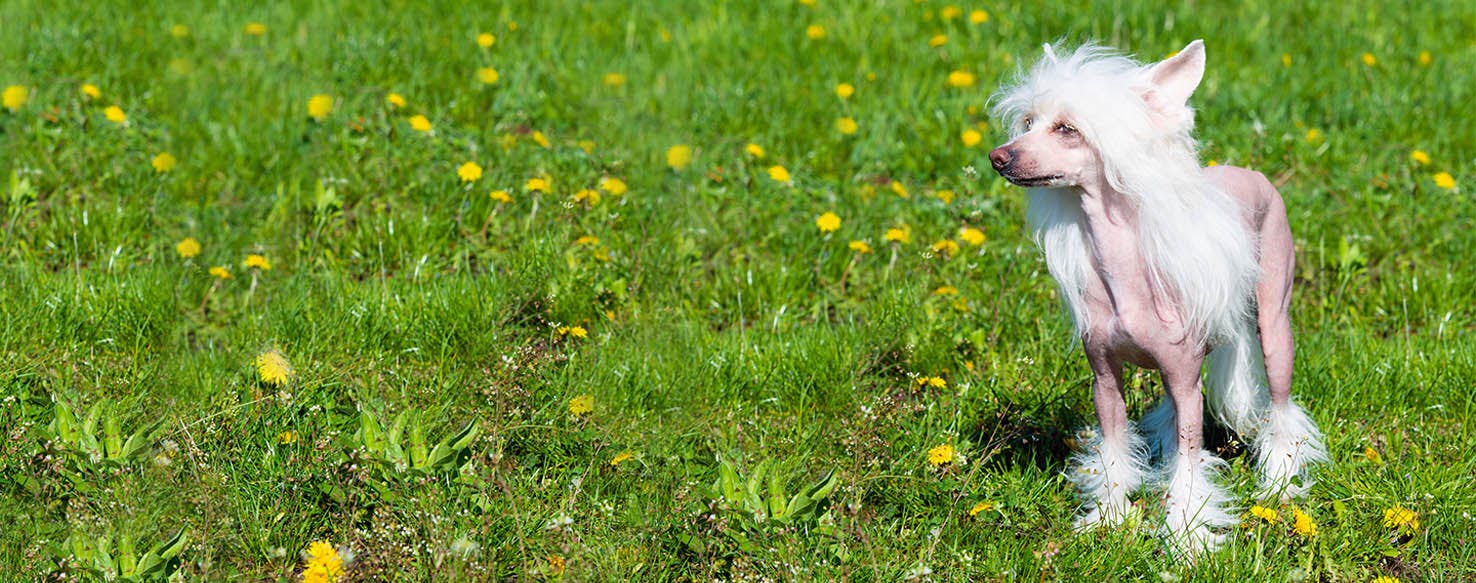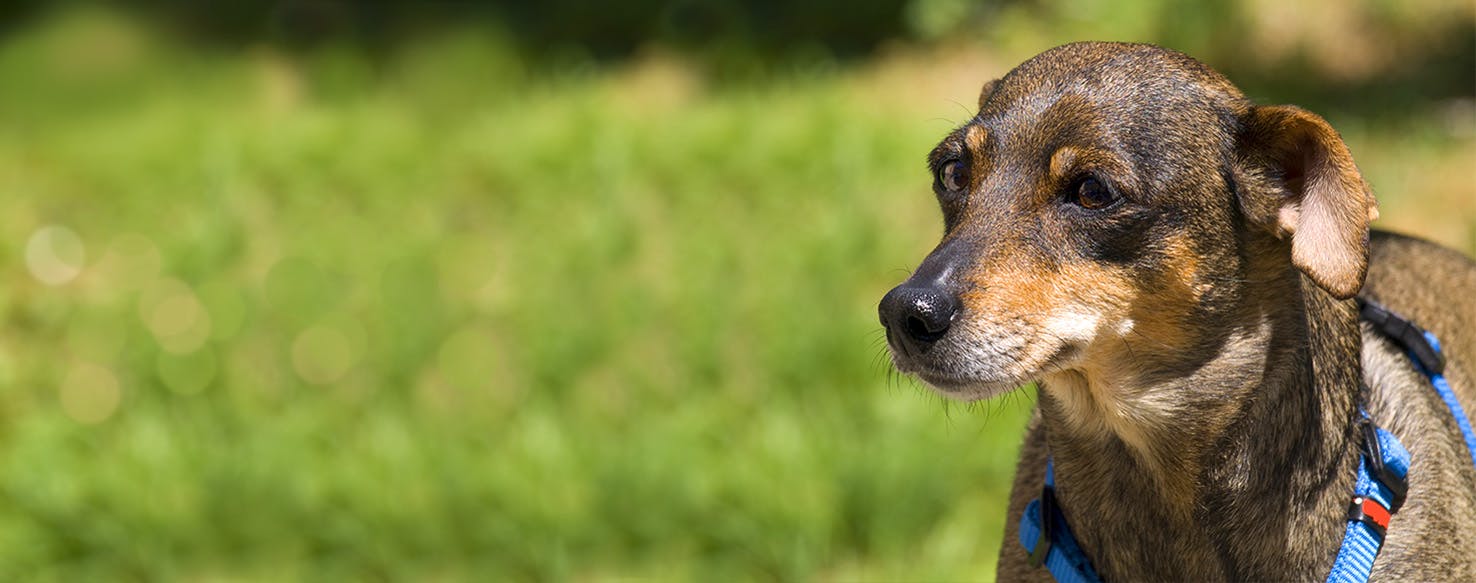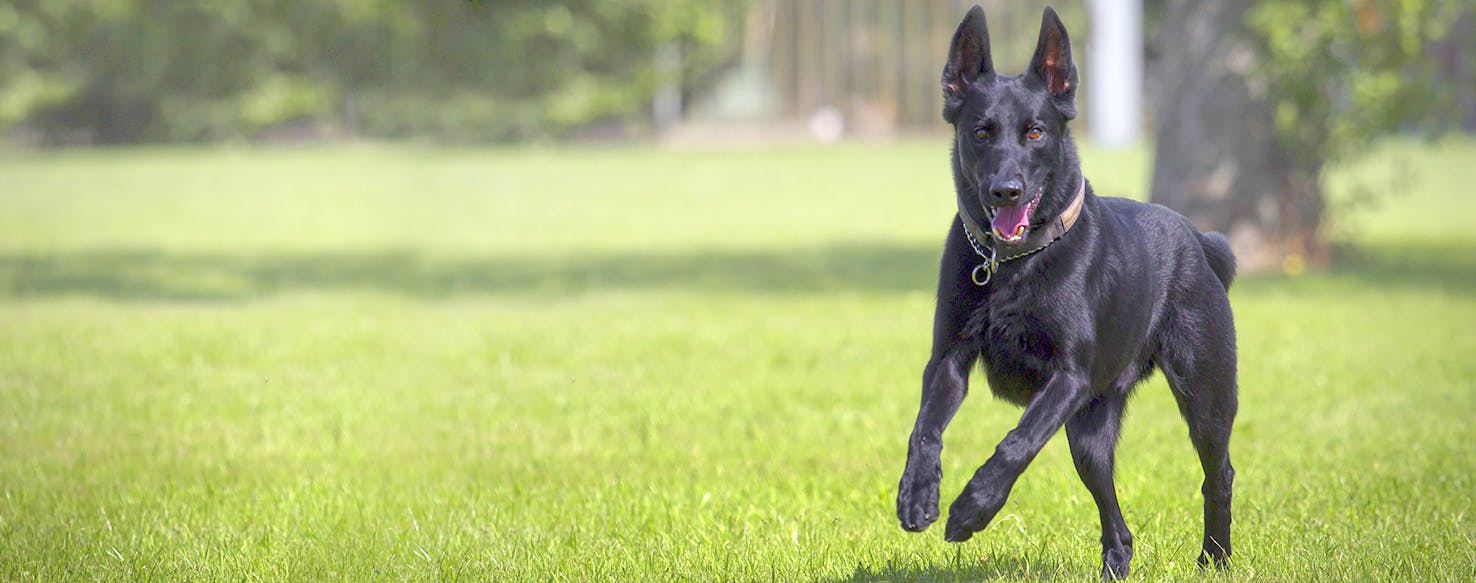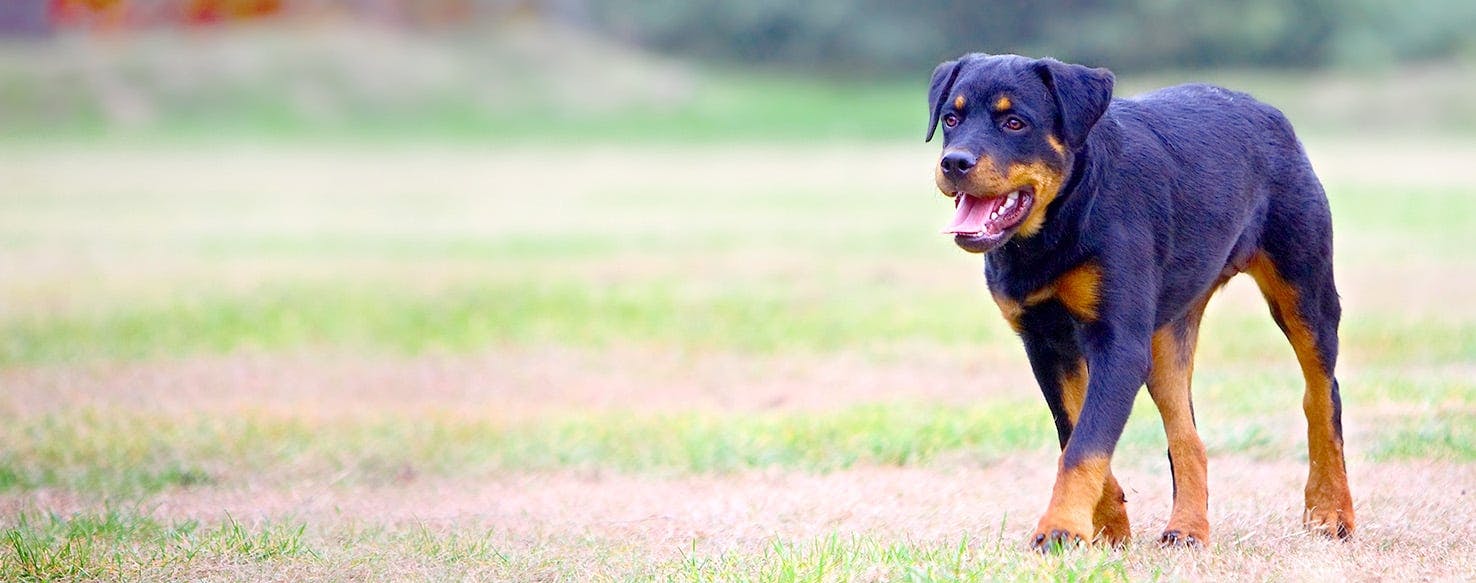Introduction
So, ever since primary school, you’ve been dreaming about having a dog, and ever since high school, you’ve been obsessed with philosophers of the Antiquity. Finally, the time has come to put an end to this agony of not having a dog, and the best way to celebrate your Stoicism and determination to become a dog owner is to give your dog a name that will honor all of the great minds and persons we are forever indebted to for improving and contributing to our civilization’s discoveries and achievements in the fields of philosophy, geography, history, science, mathematics, and art.
Ancient People Dog Names in Pop Culture
Kyon stands not so much for a singular dog as for a whole philosophical movement. Namely, kyon, or kynikos, means "a dog", that is, "dog-like" in Greek. If you observe the word more carefully, you’ll realize that it is, fast-forward more than two thousand years, actually a word that you are all too familiar with, and that’s probably because your mom has told you more than a thousand times to stop being so freaking cynical. Yes, that’s right, she’s actually saying that you are dog-like.
Cynicism was the all the rage back in Ancient Greece. Imagine, its burgeoning democracy, its poleis, culture, rules of conduct, all the courtesies and all the founding fathers of the Western civilization and philosophy all in one place. They were discussing ethics, the origin of life, experience and all you can possibly think of and at the same time setting the bar in the field of civilization-making, unrivaled in the centuries to come. They set a high standard alright.
But, if you look closely, you’ll see a dirty, obnoxious man and his strange posy of philosophers in the corners of your imagined Ancient Greece. This man, Diogenes and his posse are the Cynics. Some of them were tired of all the strict rules that culture, progress, and society imposed on them, so they decided that that was the wrong, corrupt, and artificial way to live. Diogenes entered history’s hall of fame because of his refusal to abide by the man-made rules of society and to instead live the simple, natural life. That also meant following the footsteps of his friend Antisthenes and pretending to be a dog.
Therefore, it’s no wonder their fellow citizens thought of them as beastly and dog-like. But they didn’t allow their derogatory remarks to discourage them in any way. These philosophers embraced the insults and actually turned them the other way around. They noticed that dogs were actually splendid, wonderful creatures that live in the present without societal restraints, pretense, and anxiety, that they release their bodily fluids in public, eat anything, and don’t complain about where they sleep. They noticed that they also didn’t care about the abstractions of philosophy and that dogs "give an honest bark at the truth", according to Diogenes. So, that’s how Kyon, that is, the Dog, inspired these philosophers to appreciate nature and doubt, and ridicule people motivated by greed, pretense and materialism.
Ancient People Dog Name Considerations
If your dog appears to be exceptionally intelligent and strategic when fetching, binge eating in the park or learning new tricks, consider giving him a name to reflect his phenomenal intellectual capacities. To help with that, the olden times have left us myriads of mathematicians, physicists, and philosophers that could be your inspiration. You just need to choose your favorite one – perhaps Ari, as in Aristotle, or Leo, short for Leonardo da Vinci. These ancient brainiacs are perfect for breeds that are prone to be quite smart, so Jack Russell Terriers, Border Collies, and Poodles fit into that category without a single doubt.
But don’t forget all of the royals and the emperors of the ancient times! There are so many historical figures that were quite fierce, confident, and prudent, and these are characteristics that all dogs possess to a certain extent, but are especially suitable for German Shepherds and Saint Bernards. Therefore, names such as Caesar, Napoleon or Elisabeth will telltale that your dog is not just a mere monarch with no brains, but also the most capable and dependable best friend you could have. Additional advice: Choose a famous emperor or empress that ruled the country your dog’s breed originated from.
Male Ancient People Dog Names
| Votes | Name | Vote |
|---|---|---|
| 0 |
Plato
Famous Greek philosopher, his name means "broad, wide"
|
|
| 0 |
Archimedes
Archi for short, the most important mathematician of the Classical era
|
|
| 0 |
Herodotus
The father of history
|
|
| 0 |
Pericles
The ruler of Athens during the Golden Age
|
|
| 0 |
Demosthenes
The famous orator of Ancient Athens
|
|
| 0 |
Isaac
Newton, the great physicist that explored the concept of gravity
|
|
| 0 |
Attila
The Hun, famously attacked the Roman empire
|
|
| 0 |
Adam
The first man
|
|
| 0 |
Louis
French king Louis the 14th, or the Sun-King
|
|
| 0 |
Jesus
Christ of course
|
|
| 0 |
Buddha
Also known as Gautama Buddha and Siddhartha Gautama
|
|
| 0 |
Muhammad
The prophet of Islam
|
|
| 0 |
Seneca
Roman philosopher and dramatist
|
|
| 0 |
Beowulf
The most famous hero of Old England
|
|
| 0 |
Noah
Noah’s (b)ark
|
|
| 0 |
Mark Anthony
Caesar’s top lieutenant
|
|
| 0 |
Leonidas
The Spartan leader, died in The Battle of Thermopylae
|
|
| 0 |
Alexander the Great
A ruler of Macedonia, conquered the Persian empire
|
|
| 0 |
Plutarch
The famed historian of the Antiquity
|
|
| 0 |
Socrates
Plato’s teacher, famous for his debates on ethics
|
|
| 0 |
Henry
Famous Henry the VIII
|
|
| 0 |
Romulus
Legendary founder of Rome
|
|
| 0 |
William
Remember Shakespeare?
|
|
| 0 |
Alaric
The ruler of the barbaric tribe called the Visigoths
|
|
| 0 |
Caligula
Third Roman emperor, remembered for his insanity and extravagance
|
|
| 0 |
Cicero
Another famous Roman orator
|
|
| 0 |
Constantine
The Great, legalized Christianity, made Constantinople the capital of Rome
|
|
| 0 |
Euclid
The father of geometry
|
|
| 0 |
Moses
Biblical leader of the Hebrews
|
Female Ancient People Dog Names
| Votes | Name | Vote |
|---|---|---|
| 0 |
Joan of Arc
Led the French army to victory at Orléans
|
|
| 0 |
Cleo
Cleopatra VII ruled ancient Egypt for almost 30 years
|
|
| 0 |
Nefertiti
Nefertiti and her husband switched Egypt to monotheism
|
|
| 0 |
Mary
Antoinette, the last French queen before the French Revolution
|
|
| 0 |
Eve
Biblical mother of all people
|
|
| 0 |
Sappho
Poet from the island of Lesbos, wrote lyrical poetry
|
|
| 0 |
Boudicca
The Celtic Queen that unleashed fury on the Romans
|
|
| 0 |
Grace O’Malley
The pirate Queen of Ireland (16th c.)
|
|
| 0 |
Artemisia
Greek ruler of the city of Halicarnassus
|
|
| 0 |
El
Saint Elen founder of churches in Wales (4th c)
|
|
| 0 |
Hatshepsut
Second female pharaoh in history of Ancient Egypt
|
|
| 0 |
Olympias
Mother of Alexander the Great and ruler of Macedonia
|
|
| 0 |
Semiramis
The only woman ruler of Assyria
|
|
| 0 |
Arete
Famous Greek philosopher
|
|
| 0 |
Tel
Telesilla of Argos- a famous lyrical poet in c. 5 BC
|
|
| 0 |
Deborah
A judge and a leader of Israel in the Old Testament
|
|
| 0 |
Anyte
Anyte of Tegea - a famous Arcadian poet
|
|
| 0 |
Julia
Julia Balbilla - a famous Roman poet and a noble woman
|
|
| 0 |
Theodora
Empress of the Byzantine Empire, wife of Emperor Justinian
|
|
| 0 |
Matilda
Matilda of Tuscany – a ruler in Northern Italy in the 10th c.; famous for her military accomplishments
|
|
| 0 |
Isabella
Isabella of England - empress of Germany and the Holy Roman Empire
|
|
| 0 |
Eleanor
Eleanor of Castile - queen of England, wife of Edward I, was on the Ninth Crusade
|
|
| 0 |
Agnes
Lady Agnes (aka Black Agnes) – known for her heroic defense of the Castle of Dunbar in the 14th century
|
|
| 0 |
Margaret
Margaret of Denmark - queen of Scotland in the Medieval times
|
|
| 0 |
Laura
Laura Cereta – great feminist and humanist writer, from Italy (15th c.)
|
|
| 0 |
Sophia
Sophia Brahe – fifteen-century Danish horticulturist and astronomer
|
|
| 0 |
Tullia d'Aragona
One of the famous poet-courtesans in renaissance
|
|
| 0 |
Bess
Bess of Hardwick 1527-1608; a very wealthy woman
|
|
| 0 |
Louise
Louise Labe – The Beautiful Ropemaker, a feminist poet of the French Renaissance
|
|
| 0 |
Olga
Princess Olga of Kiev – Ruled over the Kievan Rus' and was the first to spread Christianity
|
|
| -1 |
Homer
The blind author of the Odyssey and Iliad
|



